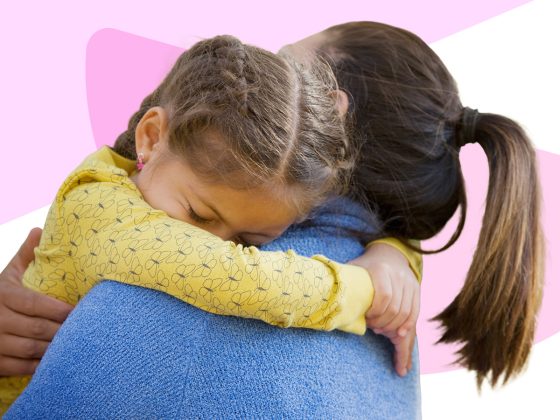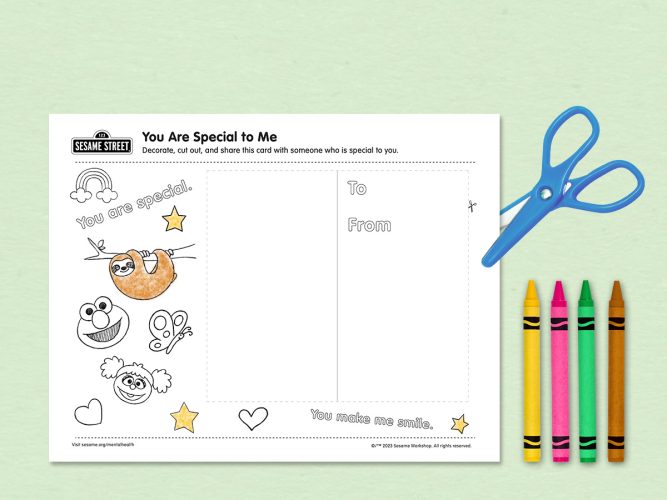
Disenfranchised Grief
Learn about disenfranchised grief.
Grieving, or the process of coping with the emotional, mental, and physical reactions felt after experiencing a loss, is challenging for both children and adults. Sometimes grieving is even more difficult when a person is made to feel as though their loss is less meaningful or even looked down on. This experience of a loss that isn’t socially accepted, openly acknowledged, or publicly mourned is called disenfranchised grief. People might suffer disenfranchised grief from a range of experiences and a range of reasons. For instance, someone might feel this type of grief if their person died from or during the Covid-19 pandemic, or if the person died by suicide.
Instead of messages of consolation and support, people may instead say hurtful or insensitive things to a grieving person. In turn, they may not feel entitled to acknowledge and express their emotions fully—with themselves or others. Feelings of guilt, shame, or embarrassment can be common.
Knowing that disenfranchised grief exists can help us recognize our own feelings in challenging times and lead us to find the support we need. It can also help us understand the needs of others who might be experiencing this kind of grief.
Young children can pick up on topics that cause distress in others, even if they don’t understand why. They can also pick up on when people make hurtful comments. These can be especially confusing and can sometimes add to the feeling that they’re to blame.
We can tell children—and tell ourselves—even if other people say confusing or hurtful things–it’s okay to grieve. You might offer these ways to talk about various feelings:
- [Person’s name] died and I feel sad/mad.
- [Person’s name] is sick and I feel sad.
- Some people might not understand why we’re sad. We can talk to [family/friend] to help us feel better.
- I/we can ask for help.
- Sometimes I feel angry because [person’s name] died.
- Sometimes when I am sad that [person died] I like to draw a picture.

